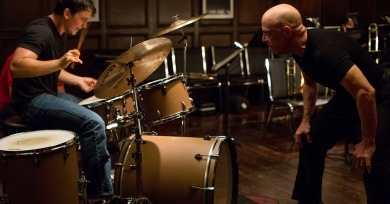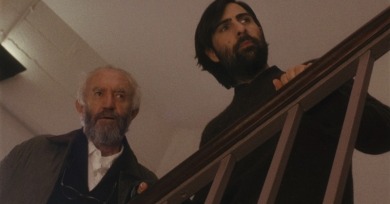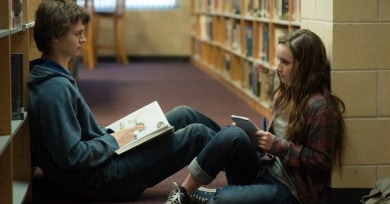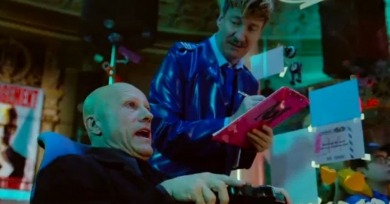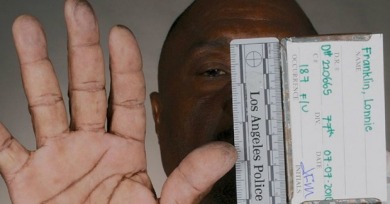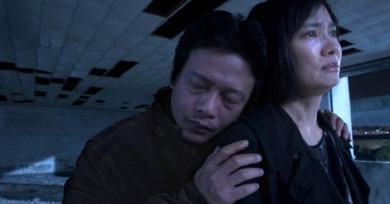Reviews
By its nature, 3D only functions if the apparatus used to record its images and the human eyes there to receive those images all work in tandem. What happens, Goodbye to Language wonders, when even that breaks down, yet the pretense of 3D remains?
There’s nothing subtle about using a literal avalanche as a catalyst for the disruption of a seemingly perfect nuclear family, but it’s a lack of subtlety that’s surely not lost on director Ruben Östlund.
Thinking of The Heart Machine as a film about the split between the physical and the emotional, and the romantic difficulties that emerge from that, is more helpful than typifying it as another “relationship drama for the digital-age.”
Iñárritu orchestrates a story of pervasive cultural desperation, which, though it takes the ever more commercializing Broadway milieu as its subject, is clearly meant to speak to the state of contemporary cinema and the culture around it.
In Whiplash, Damien Chazelle (Guy and Madeleine on a Park Bench) has so effectively represented the intense physicality of being a musician that watching it one might wonder if a drummer could actually play himself to death.
Considering that Perry identifies as a hardcore cinephile, his style is surprisingly performance-driven: his work prioritizes dialogue and the close-up. This isn’t to say his movies, with their staunch commitment to celluloid, aren’t beautiful to look at, but that his voice comes through via the accumulation of emotion rather than flourish.
It’s certainly a delicate movie, filled with pockets of open space and set to an unhurried, loping rhythm. Yet there’s something deeply ambiguous about Life of Riley’s simplicity. It’s the radical sort of simplicity reminiscent of the late output of so many great artists . . .
Men, Women & Children begins in deep space, with images of the Voyager space probe twirling serenely underneath a crisp, omniscient, scene-setting voiceover by Emma Thompson. It’s 2001: A Space Odyssey mashed up with Barry Lyndon.
Even its unabashed absurdity cannot help mask the core rot of this project, the kind of nasty business that flatters its audience for being complicit in it.
Mathieu Amalric’s fourth feature loyally and effectively adapts George Simenon’s heart-dagger of a novel, retaining its scrambled chronology, as well as its carefully scattered evidence, red herrings, turnabouts, and subjective perspectives on a murder that makes the plot go round.
The film is something of a paean to the value and power of the editor—not just as a figure who helps writers communicate their ideas in clear sentences, but as one who shapes the overall voice, tone, and concerns of a publication over time.
His new film is certainly underwhelming in my living room, but it’s hard to imagine The Zero Theorem would be much to look at in a theater either, so uninspired are its futuristic images, the likes of which we’ve grown well accustomed to since the days of Blade Runner.
For all of the evident relish Broomfield has for the chase, the bum-rushing of sources, the turning over of rocks, the without-a-net-leaping into hostile environments, he does seem to be motored by real discontent, disbelief, and dismay over whatever bullshit he’s being fed.
Stray Dogs is a disturbing movie, not only because Tsai denies us any period of relaxing cruise control, but because he piles one long take after another atop the viewer, as to impress a sense of the weight of time.




